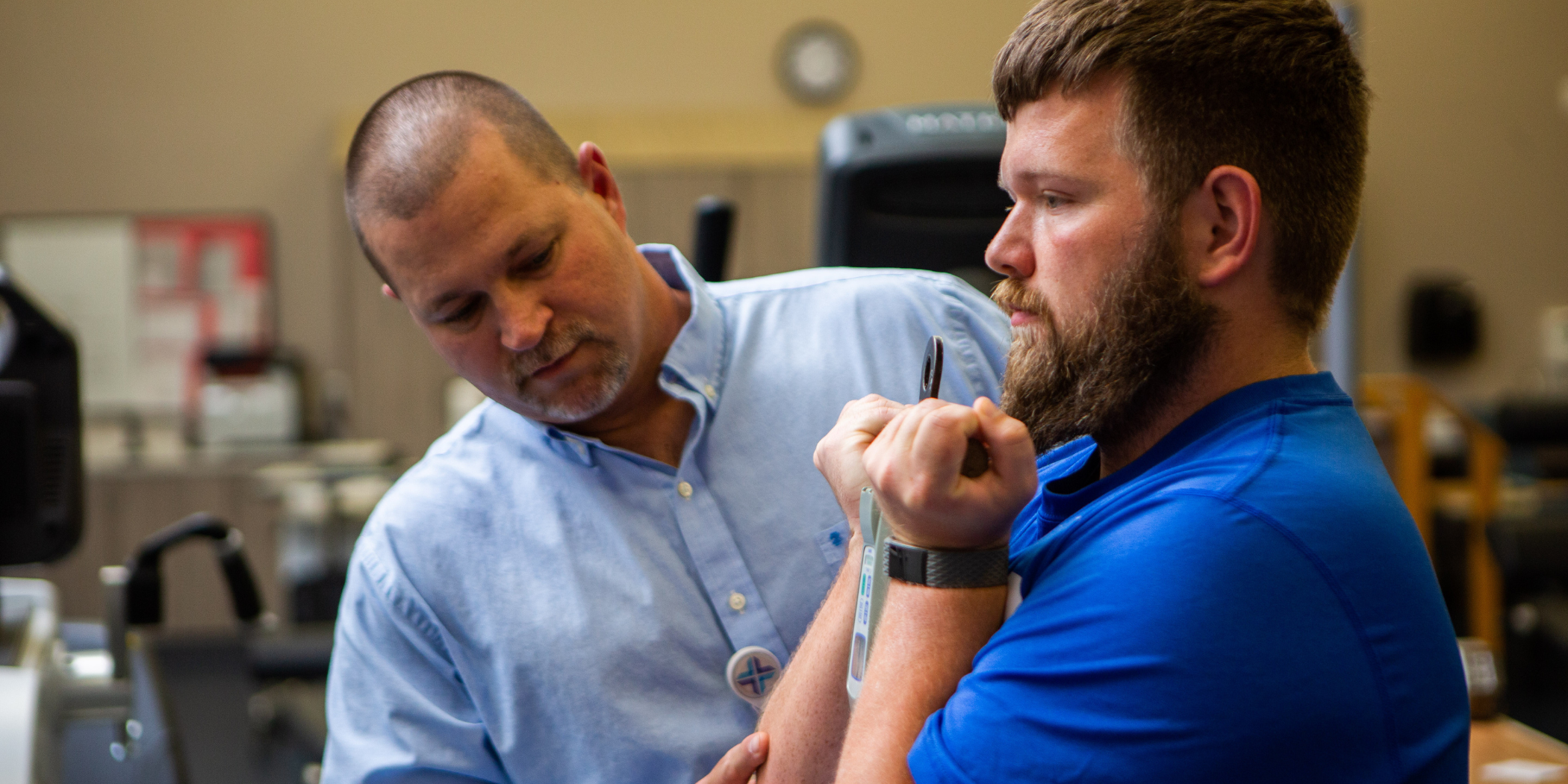
Do you have aortic stenosis?
Chest paint, fatigue and shortness of breath. These all could be signs of aortic stenosis.
Aortic stenosis occurs when the aortic valve is clogged with calcium and keeps the heart from pumping oxygen-enriched blood to the muscles. This causes fatigue, lightheadedness, chest pain, rapid heartbeat and swollen ankles and feet.
Learn if you have aortic stenosis
- If you have symptoms that you suspect could be because of aortic stenosis, see your doctor. You will probably be referred to a cardiologist or heart doctor.
- If aortic stenosis is suspected, you'll need to provide as much family and personal medical history as possible.
- If referred to the multidisciplinary heart team at Spartanburg Regional's Heart Center, you'll have several tests to confirm if you have aortic stenosis:
- Echocardiogram. Uses sound waves to get a good look at the heart.
- Auscultation. Listens to the heart through a stethoscope.
- Electrocardiogram (ECG). Measures electrical impulses of the heart using the sensors that are attached to your skin.
- Chest X-ray. Looks at the heart's size and shape; checks for calcium deposits.
- Cardiac catheterization. Makes X-ray images more visible by injecting dye into the heart.
- CT. Used to take pictures from the pelvis to the neck to provide a roadmap of how to get the valve through the leg to the heart.
- PFT. To see how well the lungs are functioning, to determine if anything is caused by lung disease.
- Carotid Studies. Ultrasound that looks at the carotid artery on the neck looking for blockages.
“This can take a bit of time and several visits to the doctor and the Heart Center,” said Kim Valenti, NP, TAVR program coordinator. But it is time well spent. Having a valve replacement is a serious procedure, and we want to make sure we know as much as possible about the person's heart before we make the first incision. Thankfully, today's technology allows us to see a great deal before we go in.”
To learn more about transcatheter aortic valve replacement, call our Structural Heart Program Coordinator at 864-560-8133.











